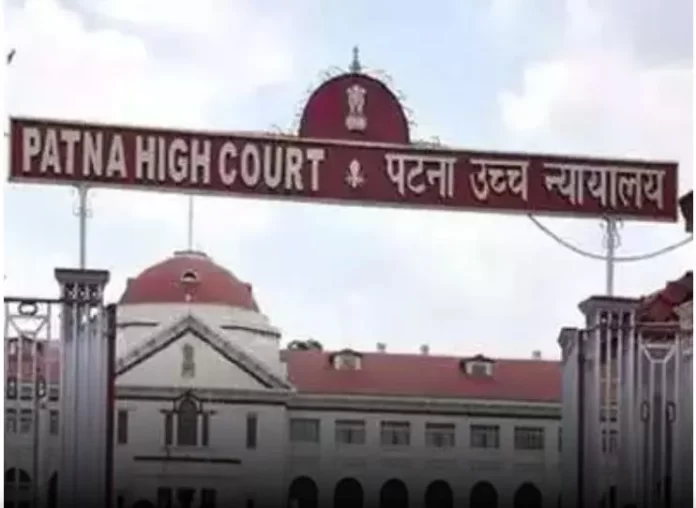The Patna High Court dismissed a Public Interest Litigation (PIL) filed against the nomination made by the District Judge, Patna to the Prabandhak Committee, which is managing the affairs of Sri Takhat Harimandir Ji, Patna Saheb, Patna City.
The petitioner contended that the District Judge, Patna ought not to have made the three nominations before the election is over, since it is de hors and ultra vires the provisions of the Constitution and by-laws governing the formation of the Committee and would lead to frustrating the democratic process of election of the committee members.
The petition is filed as a PIL and the Division Bench of Chief Justice K. Vinod Chandran and Justice Rajiv Roy, does not find any reason to entertain the same. The petitioners are concerned with the management of the religious place and it cannot be said that the community which has interest in the affairs of the institution and also the management of the same is either marginalized or downtrodden, requiring the Court to invoke the extraordinary discretionary remedy under Article 226 of the Constitution of India, bypassing the other remedies available.
The petitioner is a Sikh Collective (Sikh) which is not stated to be registered as a society or association and in that circumstance it cannot be deemed to be a legal entity. Further, the respondents impleaded are the three nominees and none from the community even in a representative capacity .
The Bench noted that the nomination made by the District Judge is in his ex officio capacity. Nomination is made under Clause 9 of Chapter IV and there are 15 members in the Managing Committee of which 14 are nominated by the various bodies; three being nominated by the District Judge. Three members are elected by the local Sikhs of Patna district and the remaining member is co-opted by the 14 members constituting the committee. Prima facie, we are of the opinion that there is nothing mandating the nomination to be done after the election. Further, none of the other existing committee members have been impleaded in the petition.
The Court find that the District Judge’s role in the Constitution being one ex officio, he does not discharge any judicial function in that role, insofar as the Constitution and Bye-laws of the Patna Saheb are concerned.
The remedy to any person aggrieved is the civil remedy wherein the community will also have to be represented.
The counsel would rely on an earlier order of the Court in an identical matter concerning the very same institution that too moved before this Court as a Public Interest Litigation. Therein, the Judges noticed with some consternation that the successive incumbents in the office of the District Judge, Patna were unwilling to be associated with the Constitution and Bye-laws of the shrine because of the spate of litigations filed by different factions, with some of them raising accusations against the District Judge, personally.
The Court found that this is one among the litigations as referred to by the Division Bench one and a half decades back. The situation has not changed with the passage of time, is what the Court noted with equal consternation. Again the Judges had hoped and directed the State officials to seek appropriate orders from the highest level and explore the possible ways and means including fresh litigation so that the affairs of a very famous and respected shrine situated in Patna Saheb may be managed efficiently, so as to serve the interest of not only the Sikh community, but of the entire State and Nation. The Court did not see the pious wish expressed by the Division Bench having been followed up. In any event, we cannot, but notice that the learned Judges did not pass any positive directions in CWJC No. 18827 of 2018, which stands disposed of on 07.12.2010.
In the present petition also, the Court does not find any reason to interfere with the orders of the District Judge, in a Public Interest Litigation. The contours of PIL’s and the circumstances on which the Constitutional Courts take a proactive role have been delineated, from a number of precedents in Guruvayoor Devaswom Managing Committee v. C.K. Rajan, (2003) 7 SCC 546. The Court found no good reason to invoke and exercise the extraordinary power under Article 226 of the Constitution of India, in public interest, in the above case; the grievance projected in which has to be agitated in an appropriate civil forum. Declining discretionary exercise of the extraordinary jurisdiction under Article 226 of the Constitution of India, the Court dismissed the petition.
The Bench clarified that the Court has merely declined discretion and it does not validate the nomination which, if any individual or body is prejudiced with, will have to be agitated before the appropriate civil forum. When such proceedings are instituted, it would be for the forum approached to decide on the locus standi of the applicant and maintainability of such a proceeding; and if found inclined on these aspects, to decide on the merits.


